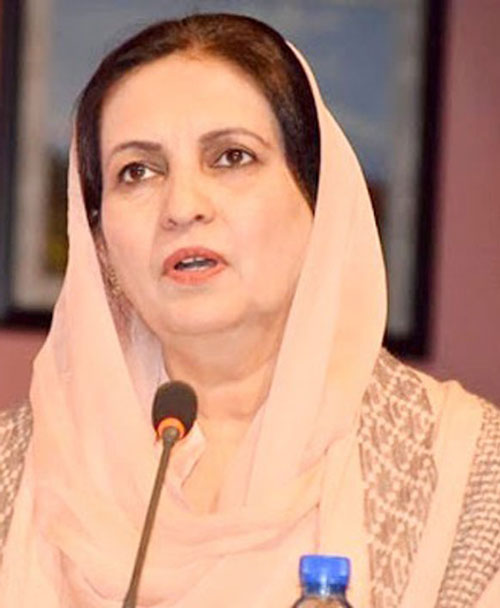Staff Reporter
Islamabad
Society for Protection of Rights of the Child organized a seminar on “Need for Sustainable Tobacco Control Policies in Pakistan” at local hotel Islamabad on Tuesday.
Dr. Nausheen Hamid, Parliamentary Secretary, Ministry of National Health Services Regulations and Coordination, shared alarming facts related to consequences of tobacco consumption in Pakistan.
Cigarette smoking is one of the major risk factors for lung cancer and it is linked to about 80% of deaths caused by lung cancer. According to a 2017 World Health Organisation Report, in Pakistan over 163,000 people in 2017 die due to tobacco use.
She added that this health burden is particularly affecting the young population.
About 1200 children between the ages of 6 and 15 start smoking in Pakistan every year. She mentioned that government of Pakistan is willing to work with tobacco control advocates for a sustainable tobacco control policy to reduce huge health burden caused by tobacco use.
Addressing to participants, Malik Imran Ahmad, Country head Campaign for Tobacco Free Kids (CTFK) said tobacco control policy must go beyond the scope of health aspect in order to prove sustainability. He shared that an average, in Pakistan, smokers spend 10% of their average monthly income on cigarettes. 25.3% of households in the lowest income group smoke cigarettes compared to 16.2% of households in the highest income group.
When people spend their income on tobacco products, they are left with less money available for essential services such as child nutrition and education. Raising tobacco taxes is a proven policy to help reduce tobacco consumption as per the WHO’s recommendations.









